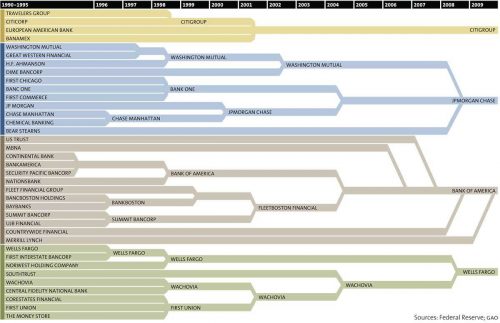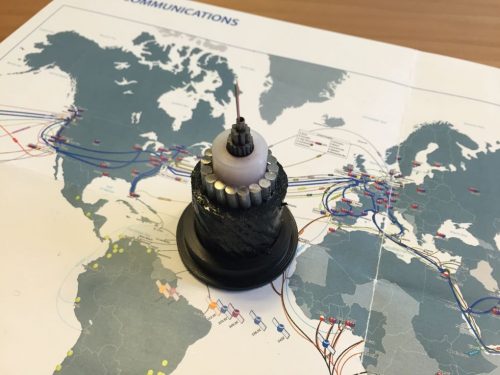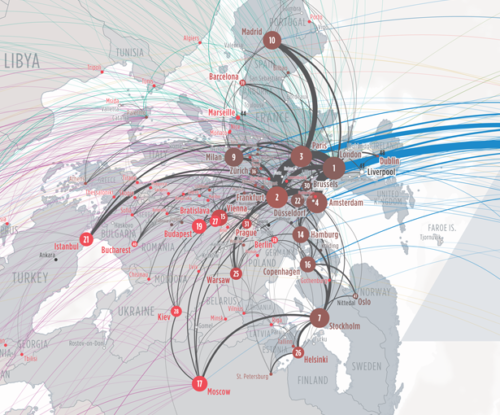“If programming languages were countries, which country would each language represent?” over Quora is hilarious! Here are a few bits to get you started:
C – Russia. Everything has to be done in a backwards way, but everything is possible, and there’s a lot of legacy.
C++ – USA. Powerful, but more and more complicated, unreadable, error-prone. Tends to dominate and influence everything.
Haskell – Monaco. Not many people, but very rich, so they don’t have to consider lower classes’ problems.
Java – Sweden. Comfortable, but has its own king and currency.
JavaScript – China. Developing really fast and can do lots of surprising stuff. A lot of users.
PHP – Bangladesh. Poor, but numerous, and it’s found all over the web.
Pascal – Germany. Strict rules, good performance. And there are many people who just don’t like the language.
Bash – Switzerland. Not very big in itself, but pulls the strings of the others.
Awk: North Korea. Stubbornly resists change, and its users appear to be unnaturally fond of it for reasons we can only speculate on.


